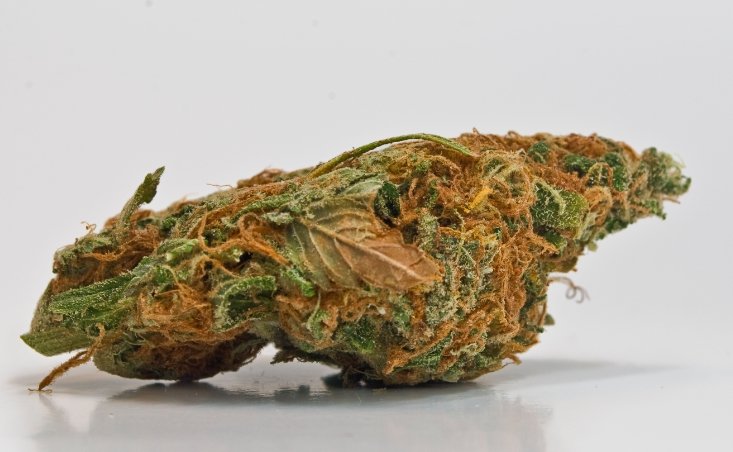A new bill introduced in the Maryland Senate aims to repeal a law that prevents police from stopping and searching drivers based on the smell of cannabis. The bill, known as the Drug-Free Roadways Act of 2024, is part of the Senate Republicans’ public safety agenda and has sparked a debate over civil rights and public health.
The current odor law and its controversy
The current odor law, which was passed in 2023, prohibits law enforcement officers from using the odor of raw or burnt cannabis as probable cause to search a person or vehicle. The law also lowers the civil fine for consuming cannabis in public to $50. The law was enacted to align with Question 4, a ballot referendum that legalized recreational marijuana in Maryland with nearly two-thirds of the vote in the midterm elections last year.
Supporters of the odor law argue that it is necessary to protect the rights of legal cannabis users and to prevent racial profiling and harassment by the police. They cite a Maryland Supreme Court decision from 2022 that upheld police authority to briefly detain and search individuals based on the smell of cannabis, despite the state’s legalization of medical marijuana in 2013.
Opponents of the odor law claim that it creates a public safety issue and makes it more difficult for police to do their job. They say that the odor of cannabis can indicate other illegal activities, such as driving under the influence, possession of firearms, or intent to distribute. They also point out that possession of cannabis is still illegal in amounts greater than 12 grams, and that the odor law hampers the enforcement of this limit.
The proposed bill and its implications
The proposed bill, SB 396, would restore the police authority to initiate a traffic stop or search based on the smell of cannabis. It would also increase the penalties for driving under the influence of marijuana, and require drivers to submit to a blood test if they are suspected of being impaired by cannabis.

The bill’s sponsor, Senator William Folden, said that the bill is an attempt to correct a mistake made by the legislature last year. He said that the bill would return an important investigative tool to law enforcement and ensure drug-free roadways in Maryland.
The bill’s opponents, however, said that the bill would violate the will of the voters who approved Question 4 and legalize cannabis. They said that the bill would infringe on the civil rights and privacy of Marylanders and expose them to unnecessary and discriminatory police encounters. They also questioned the validity and reliability of the blood tests for cannabis impairment, and the potential for false positives and abuse.
The bill was heard by the Senate Judicial Proceedings Committee on Friday, February 2, 2024. It is unclear whether it will pass the committee and the full Senate, and whether it will face opposition from the House of Delegates and the governor.



